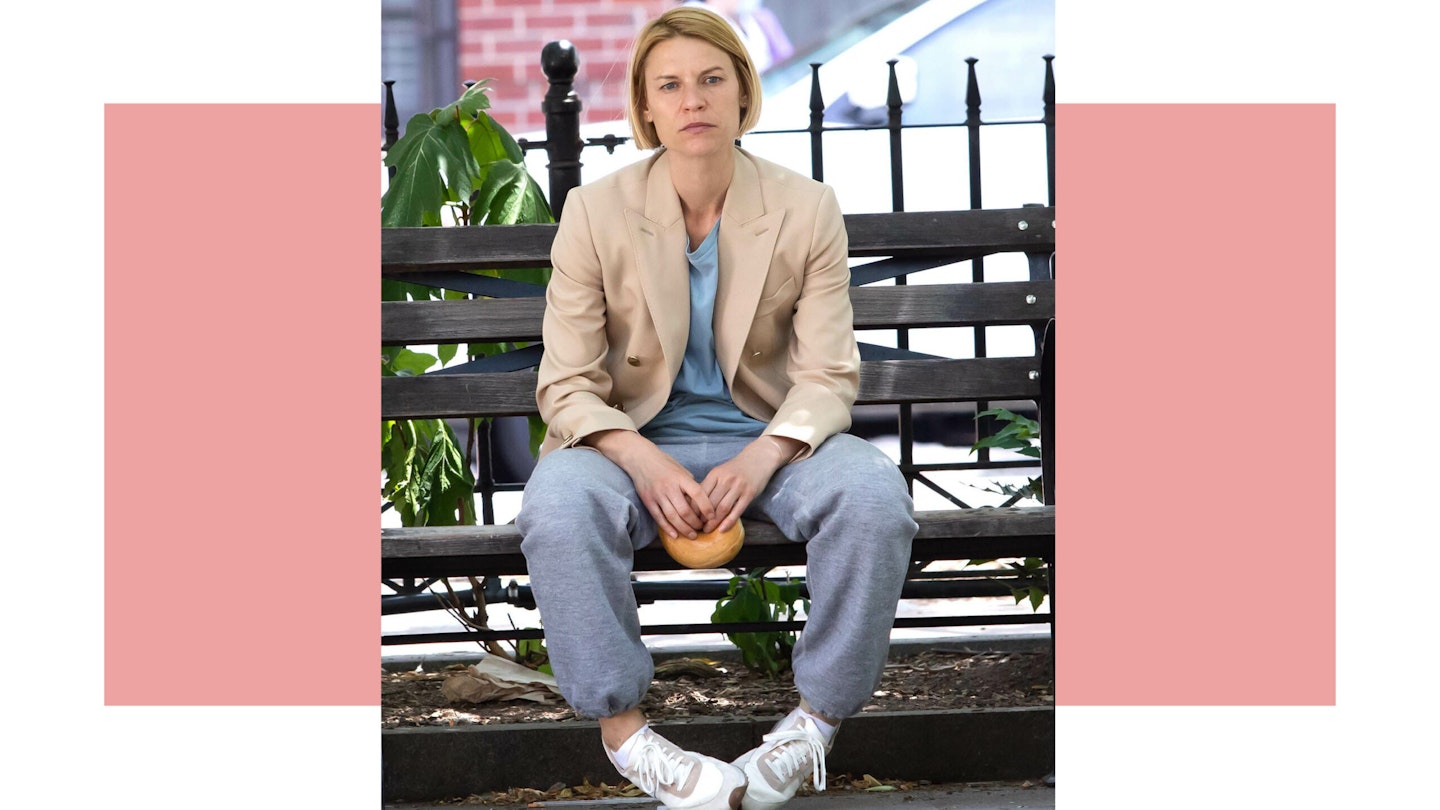When her children were three and five, Martina Stephan found herself struggling to cope. Her daughter was often in hospital with a recurring illness, while her mother was also sick and in a nursing home. The pressure was so intense that, she says, ‘I broke down.’
In despair, she visited her GP, who referred her for a remarkable course of treatment that exists only in her native country, Germany. Every four years, burnt out German parents are entitled to a ‘Kur’, a three-week retreat where they receive physical and emotional therapy and practical advice. For most, it’s funded entirely by insurance.
The Deutsches Müttergenesungswerk, a non-profit organisation that runs around 70 clinics across Germany, was established in the aftermath of WWII to help traumatised mothers. It has treated many women since (and some men, who are also entitled to a Kur), and now offers childcare – children go with parents and are in nursery or schooling most of the day, and there are activities for parents and kids to do together, meals and therapeutic activities such as yoga, as part of the package.
Since the pandemic, applications have soared, as have waiting lists. Director Yvonne Bovermann says, ‘We are seeing more burnout than ever after that period, when parents were juggling full-time childcare with work, often with no support.’ It’s a similar story here. ‘We’re still dealing with trauma from lockdown,’ says psychotherapist Anna Mathur, author of Raising A Happier Mother, out in August. We’re also contending with prohibitively expensive childcare, a cost-of-living crisis and, as Anna says, ‘The expectations we place on ourselves to be perfect mothers.’ It’s no wonder burnout, defined by the charity Action for Children as ‘feeling overwhelmed on a day-to-day basis’, is so prevalent, with one recent study finding that 66% of parents meet the criteria.
In Britain, there’s a sense we’re expected to soldier on, but in Germany, Kurs are intended to be preventative; to catch mental health issues such as anxiety and depression before they become debilitating. Martina, 46, an executive assistant from Freiburg, went on her first retreat in 2013. ‘It’s amazing to have three weeks where you don’t have to do any housework – you can just concentrate on yourself and your needs,’ she says. ‘You have time to think.’
A team of experts including psychologists, paediatricians and social workers were on-hand to listen and offer strategies to make her life more manageable. She learned relaxation techniques and compared notes with other mothers, ‘which made me feel less alone because they shared my problems’. Some of the most helpful sessions taught her to make seemingly small tweaks. ‘Things like making sure I have one evening every week just for me; whatever happens, that’s my time to do a yoga class,’ she says. ‘And asking for help – like building a team with other mums, so one afternoon I take their child and another, they take mine.’ Martina says she entered the clinic ‘feeling I’d forgotten that it’s a pleasure to have children, because before I went, it was just so hard and stressful.’
Part of the process involves trying to unpick some of the messages women have internalised about motherhood – fuelled by social media, which is littered with idyllic (ie, unrealistic) images of parenthood. For those of us drowning in dirty laundry and plastic toys, or losing our cool despite our best efforts, it’s easy to feel like a failure.
Anna says many modern mothers ‘are trying to attain standards of parenting that are just not sustainable. We feel guilty about resting or accepting help, but when we’re exhausted we find ourselves having a meltdown at the kids. Instead of taking it as a sign we need to slow down, we strive harder: “Tomorrow, I’m going to plan some amazing stuff with them and be totally patient.” And the cycle continues.’
Yvonne, a midwife who went on two retreats before becoming their director, agrees. ‘The clinics teach women to focus not only on their child but on their own needs,’ she says. ‘Some of it is about learning to say “no” or “later”. They don’t have to entertain their children 24 hours a day – boredom can be very healthy.’
Following her first Kur, Martina, whose children are now 15 and 13, went on two further retreats. One was to help her cope with her mother’s progressive illness and the second was in 2020, after she was made redundant and her mother and mother-in- law both died within weeks of one another. ‘I was feeling very down and went without the children to a clinic in the mountains,’ she says. ‘At first I was thinking, “What am I doing here without my family?” But then
I had so much time to think and talk about everything that had happened and it was so helpful. When you have a lot to cope with, at some point you just need to recharge.’
Research shows that the majority of patients see the retreats as beneficial, believing they helped them deal with problems and take better care of themselves.
The scheme may be unique to Germany but Anna, whose coaching course The Motherhood Reset also aims to help mothers find more balance, says that we can all apply its principles to combat burnout. ‘Start to recognise rest as a gift to yourself and your children,’ she says. ‘Your ability to parent well relies on you valuing rest.’
For Martina, learning to prioritise herself has been life-changing. ‘I wanted to remember how to enjoy parenting, and taking care of myself means I can do that.’
